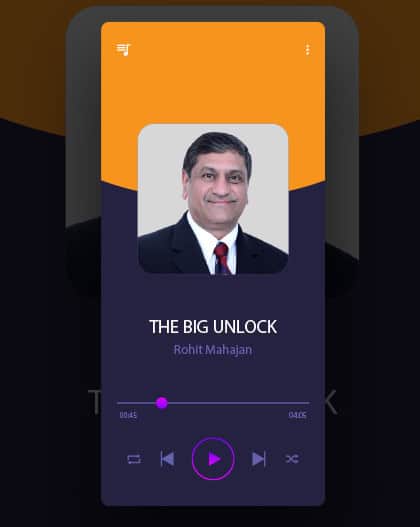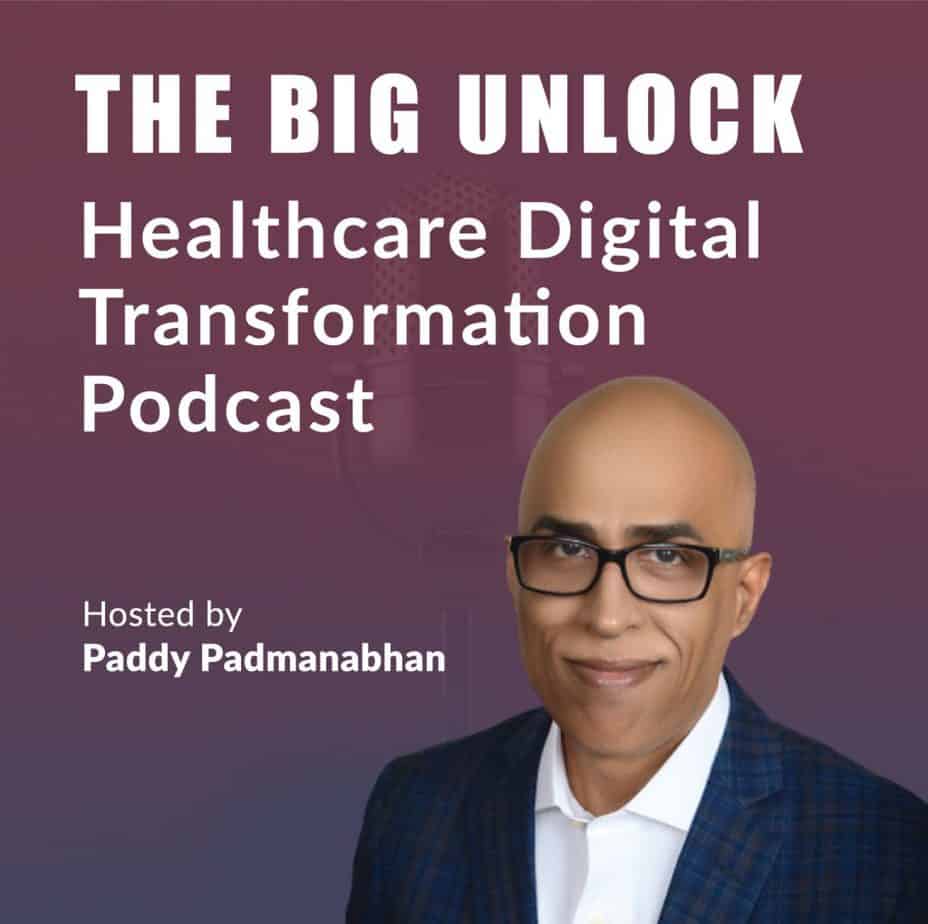Q: What about providers and caregivers? What about their expectations? How are you addressing those?
Reid: Well, they’re fatigued and they’re tired. What I hear most from providers is, “I just want to treat patients. I just want to talk to my patients.” I go see my provider. He knows my role in the organization and he always has a list for me, which is great because he’ll take care of me and then, I try and take care of him. But his number one thing is, “I don’t like that even for a second I have to take my eyes off my patients and be typing on the keyboard, update something.” It doesn’t have to be that way.
We are looking at some ambient listening-type experiences that can augment that. In-basket, the providers view that as a burden. So, we have a project and a way to figure out how we can automate or bring in other resources to offload some of this burden because it’s for our providers and nurses. It’s a risk to their well-being, to the capacity to care for patients, and for their commitment to the profession—for some of them, long-term. That keeps me up at night, just trying to think through all the opportunities in that target-rich environment. How do we really define that? What are the one or two things that we should be all in on that are going to make the biggest impact for this population?











